
- Article
- Article
The law of periodicity for menstruation
Dr Edward Clarke's Law of Periodicity claimed that females who were educated alongside their male peers were developing their minds at the expense of their reproductive organs.

- Article
- Article
Blood money: Taking periods out of poverty
Periods are not a wound that needs to heal, nor is the blood a sign of injury. So why are we still so repelled by them?
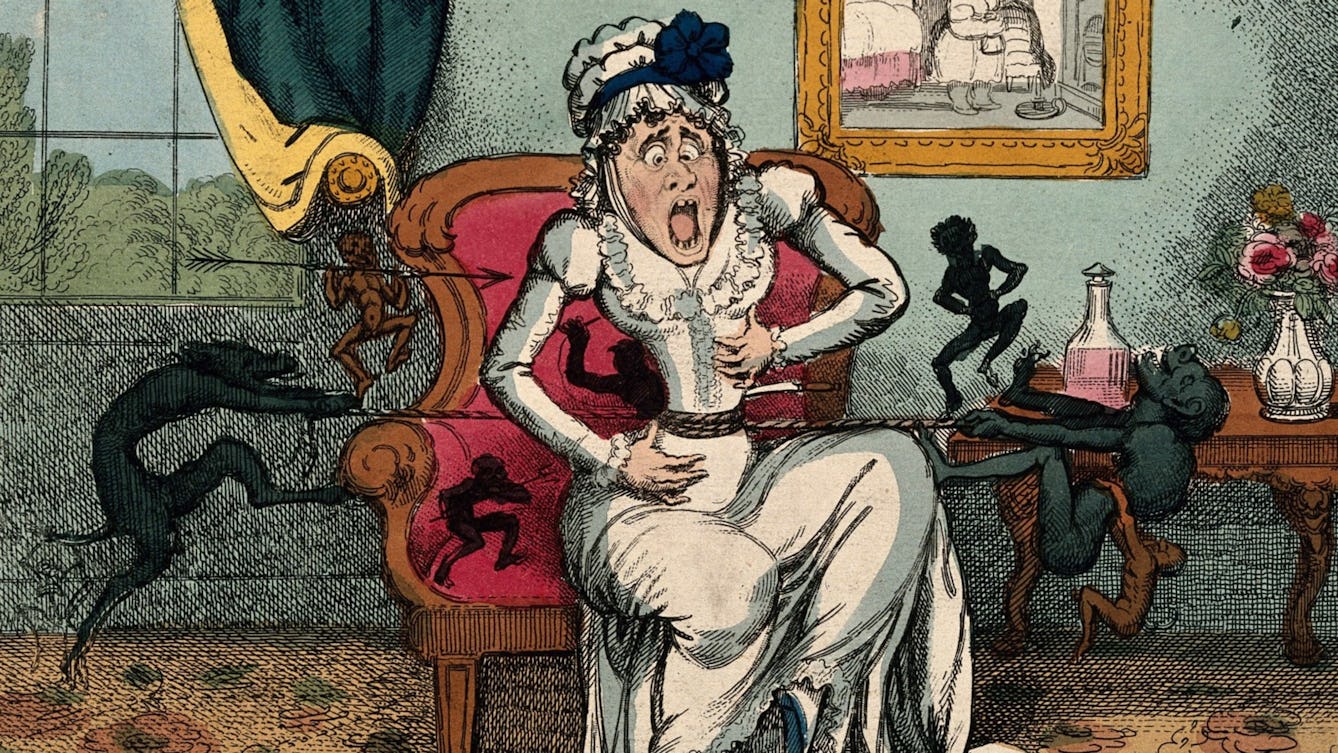
- In pictures
- In pictures
How to handle your period: ten pieces of (bad) advice from history
Period pains are nothing new. Nor are innovative suggestions for how to deal with them.

- Article
- Article
Rag mags and monthly issues: Five period zines to stop you seeing red
Using humour, personal experience and political activism to explore the bloody reality of menstruation.

- Article
- Article
The blood notebooks
Novelist Rupert Thomson explores his unusual behaviour during a time of self-imposed isolation.

- Article
- Article
Bloody capitalism and the cash flow of the menstrual cycle
Once they thrived on taboos and shame. Now period-product manufacturers are finding new ways to flourish in this era of period activism – but products aren’t the end of the story.

- Article
- Article
Happiness in time
Trying to define happiness is like trying to grasp water: it evades us, constantly changing and becoming evident only in retrospect.
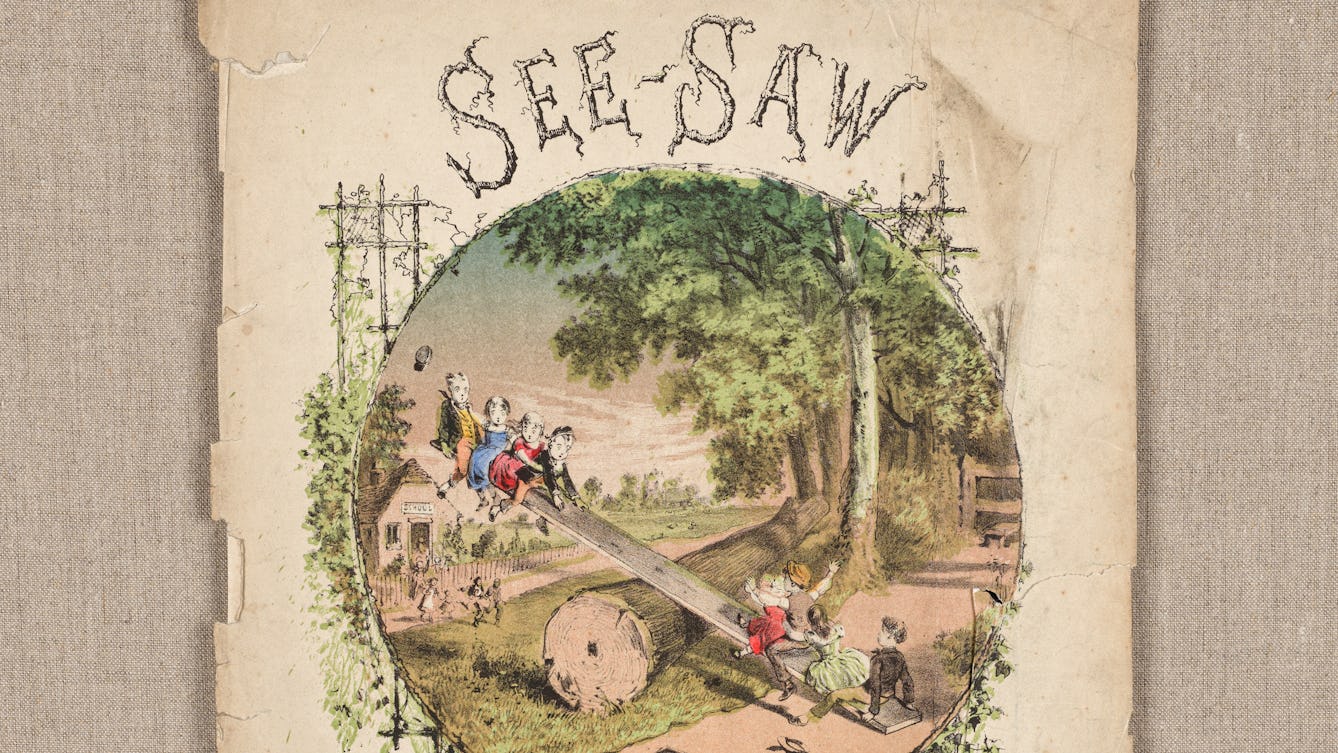
- In pictures
- In pictures
Born to play
Our understanding of the importance of play in a child’s development has become increasingly sophisticated over the centuries. Explore the ways different eras have regarded childhood games.
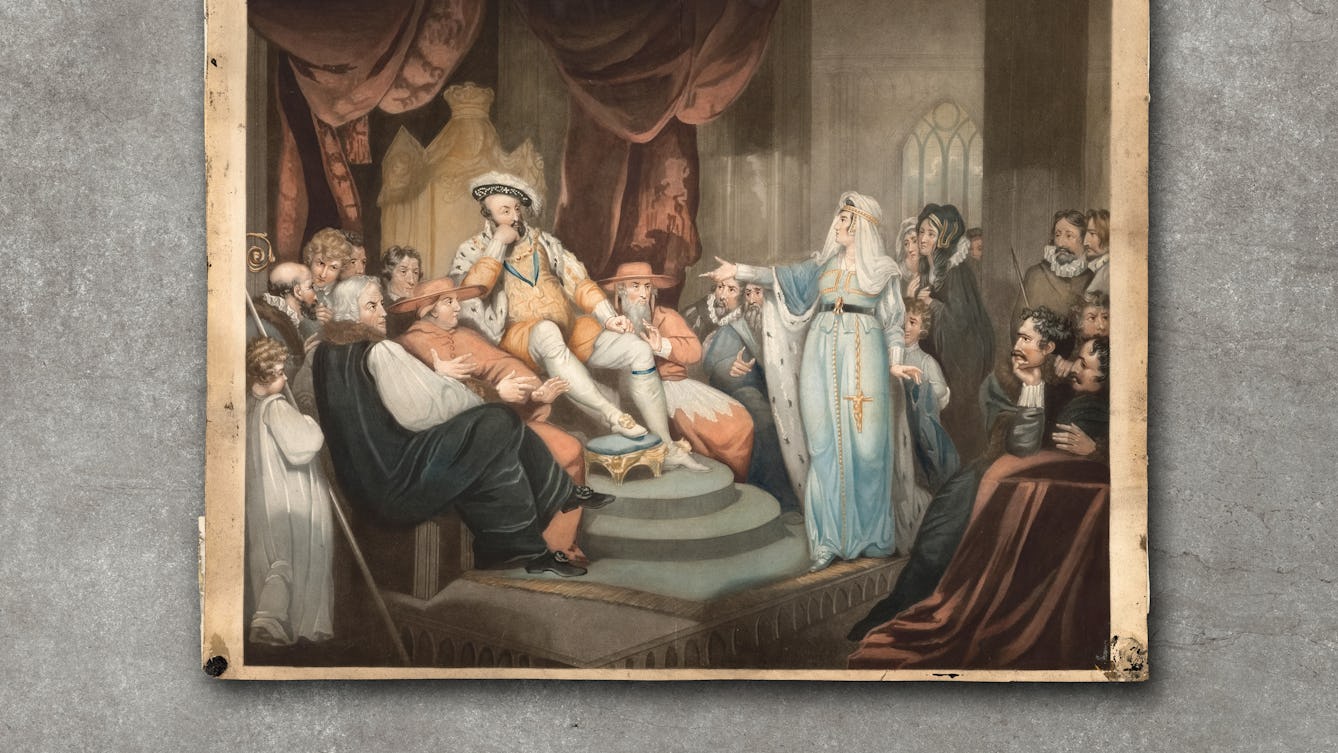
- In pictures
- In pictures
Fraught fertility and making royal babies
Producing a male heir has been seen for centuries as a queen’s most important role. Here Estelle Paranque explores the lives of four queens whose route to royal motherhood was far from smooth.
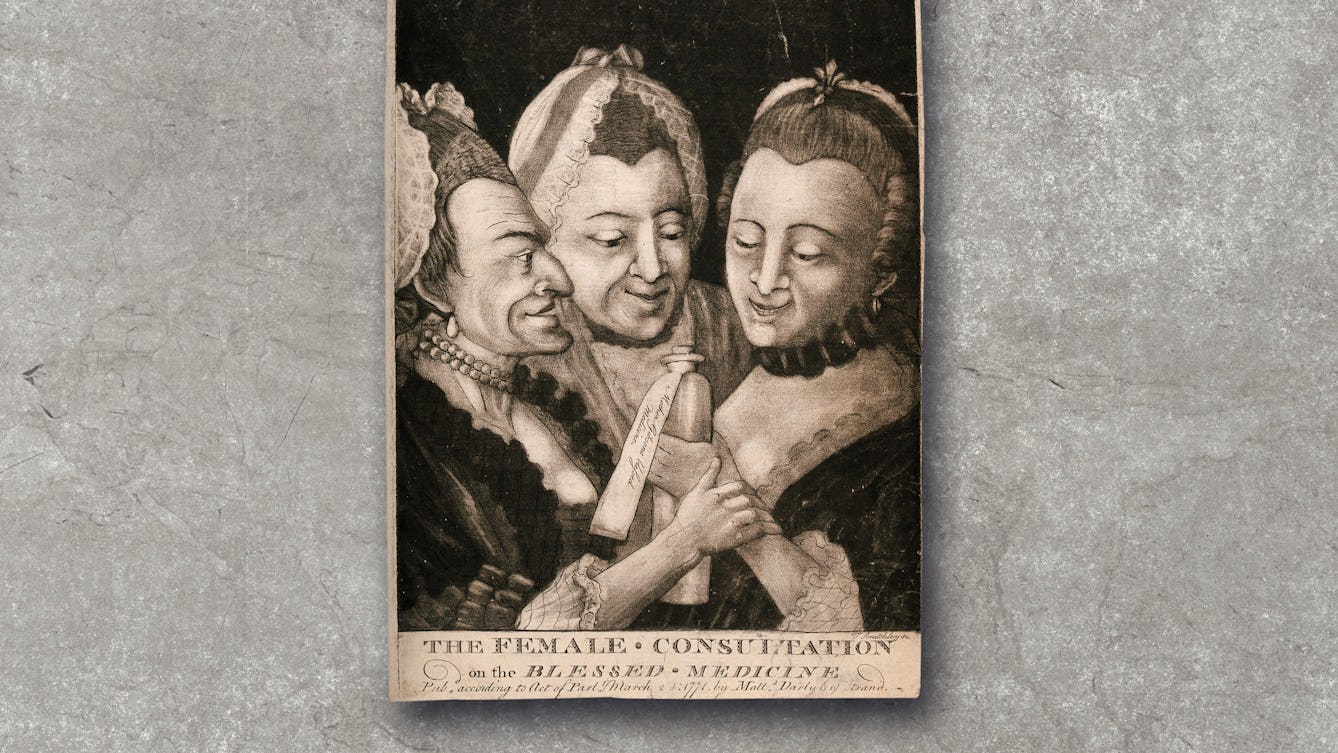
- In pictures
- In pictures
Herbal medicines and the early modern menopause
Held responsible for their own “rebellious distempers” – or menopausal symptoms – women had no choice but to keep quiet and resort to unpalatable concoctions in the hope of relief, as Julia Nurse explains.
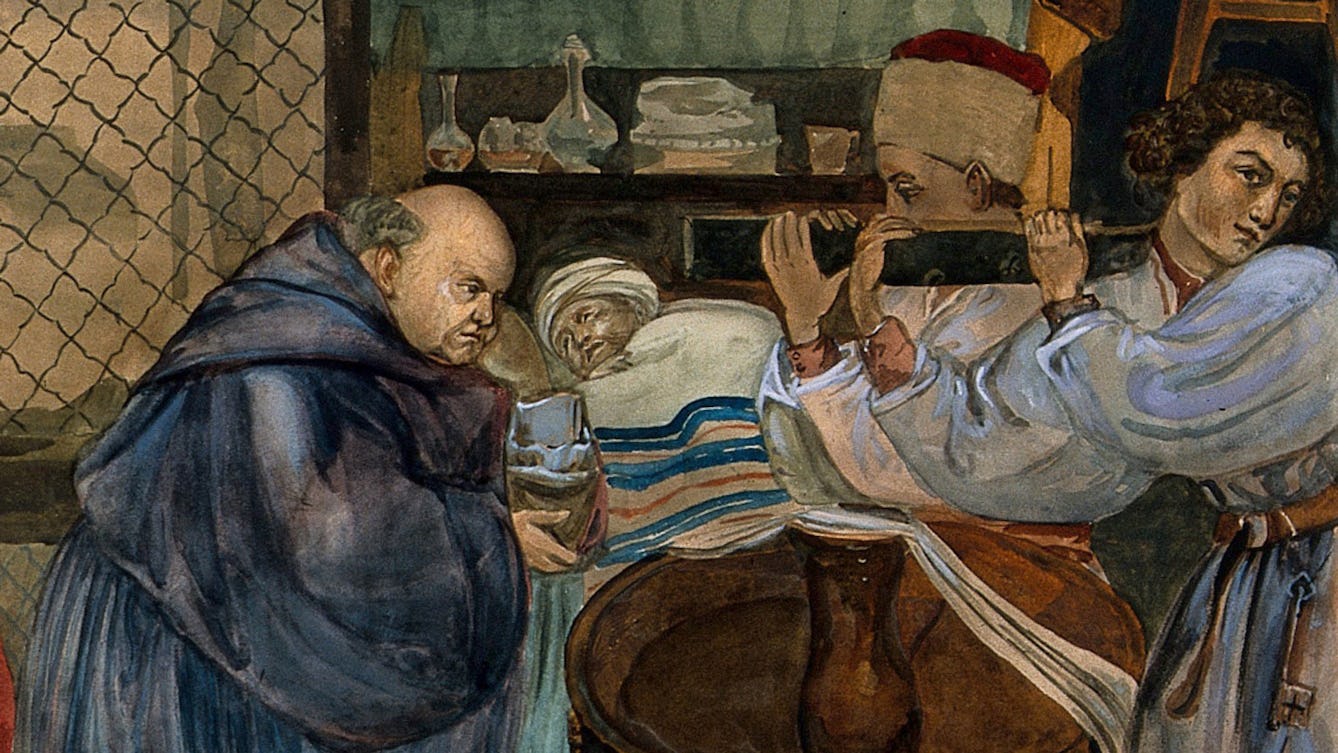
- Article
- Article
Confession as therapy in the Middle Ages
The line between confession and counselling has been blurred for centuries.
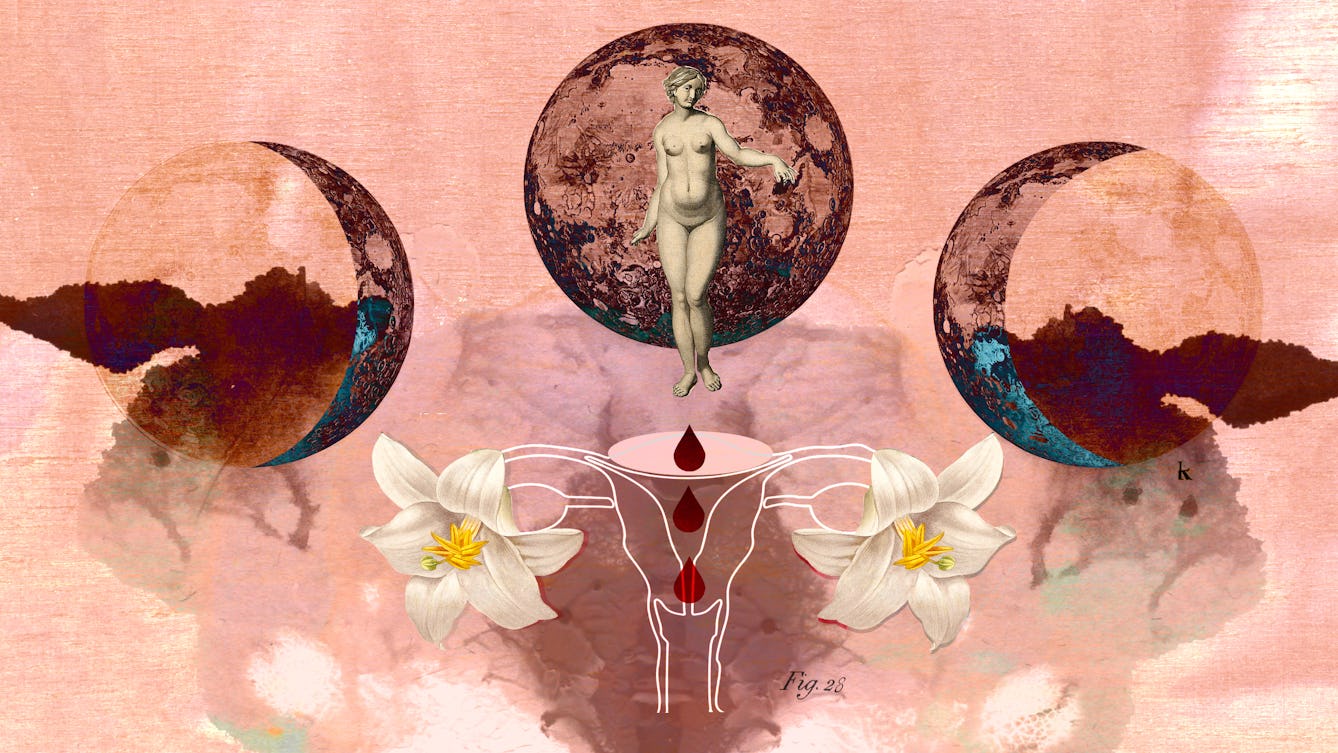
- Article
- Article
Menstruation, magic and moon myths
Why do stories cloaking periods in magic and mystery persist? Pragya Agarwal argues against myth-making and for inclusive menstrual education, grounded in fact.

- Article
- Article
The meanings of hurt
In the early modern period, gruesome incidents of self-castration and other types of self-injury garnished the literature of the time. Alanna Skuse explores the messages these wounds conveyed.
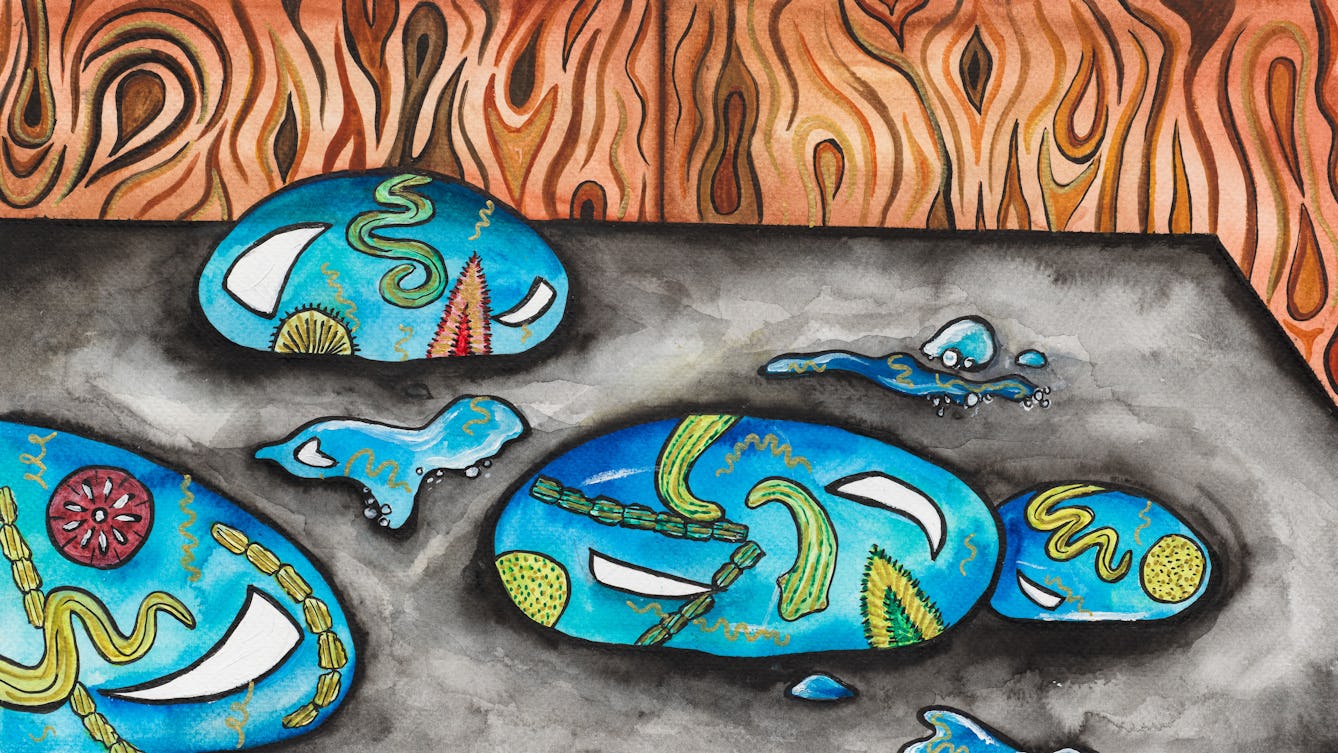
- Article
- Article
Drops of water
In the compulsory isolation of lockdown, Daisy Lafarge’s repeated visits – via a new microscope – to the miniature worlds contained by drops of pond water provided her with the company and escapism she craved.
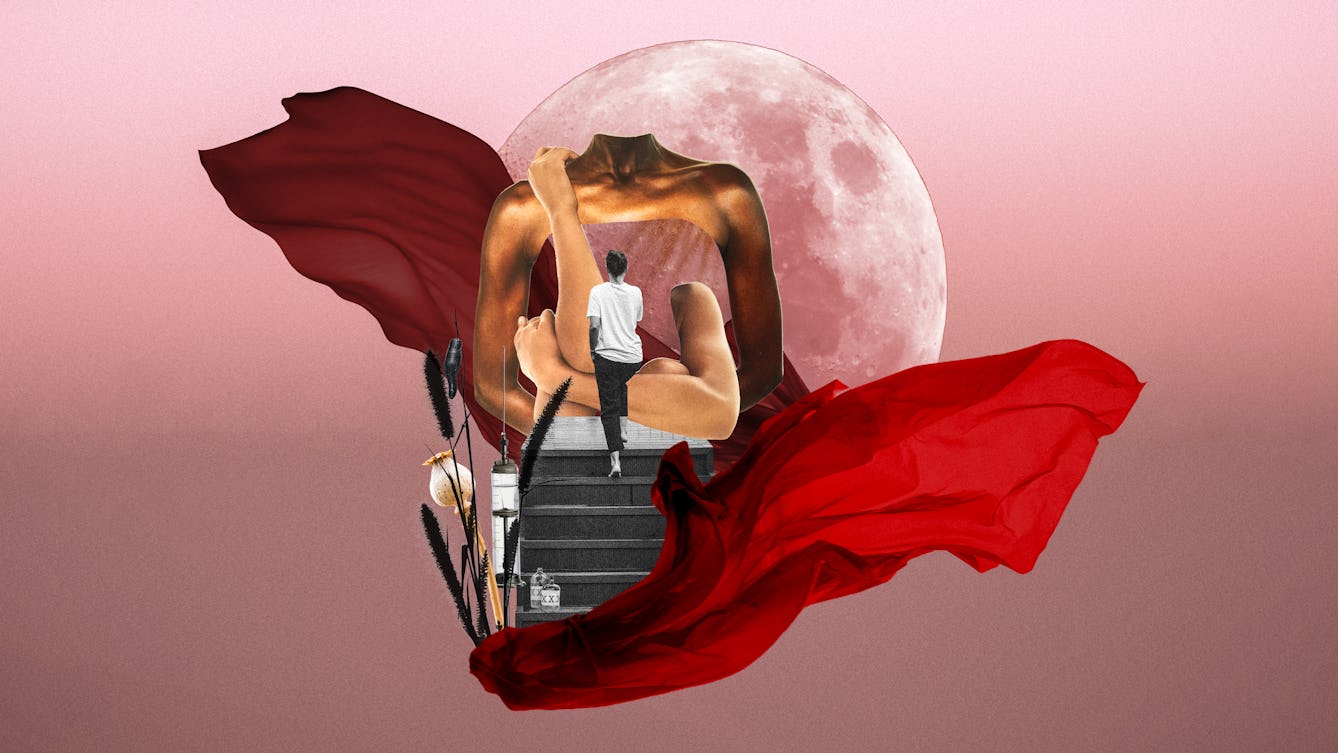
- Article
- Article
Blood
Discover the history, mythology and taboos around blood and menopause, and hear from some contemporary voices about their experiences of periods and the onset of menopause.

- Article
- Article
Born different
For Chris North, being born intersex in the 1940s meant his many childhood hospital visits, tests and operations were not explained or discussed. As he reveals, doctors encouraged strict secrecy.
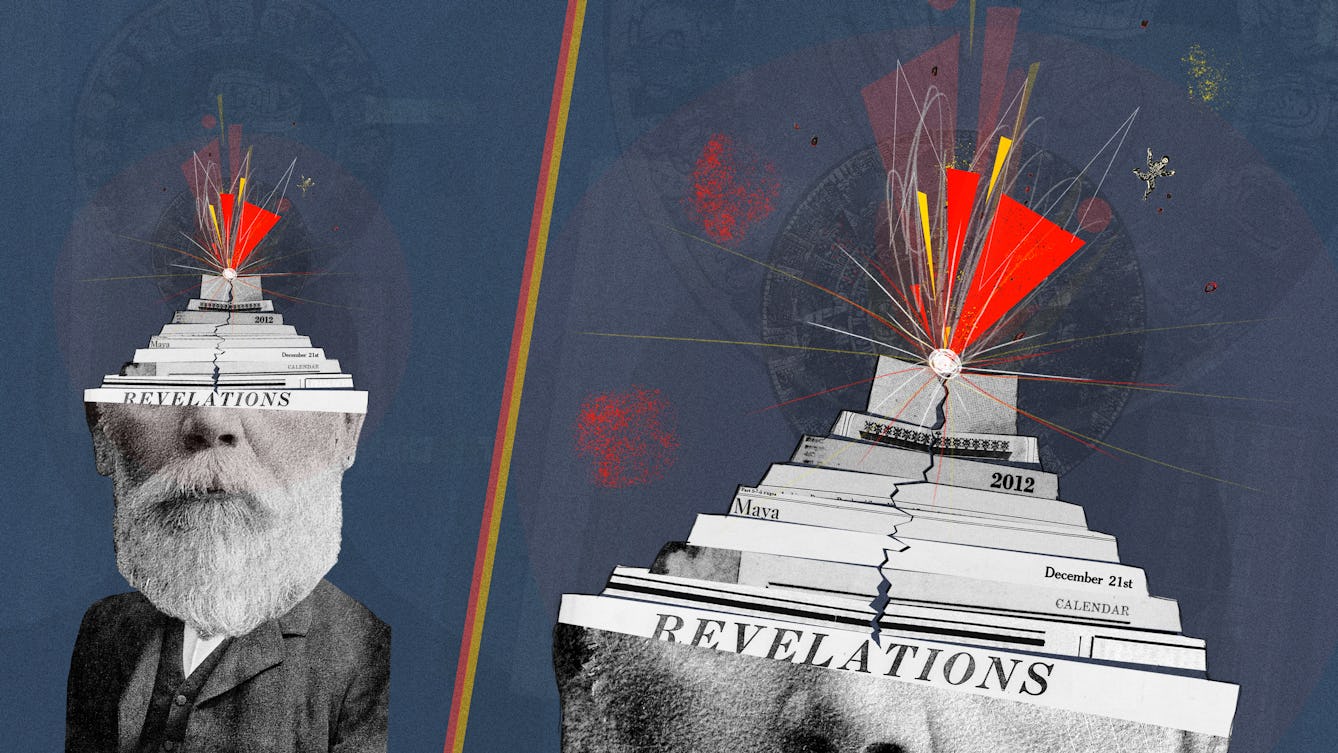
- Article
- Article
Deciding a date for the end of the world
When will the world end? Charlotte Sleigh explores how our obsession with dates and dramatic imaginings of the end can distract us from the dangers slowly creeping up on us.
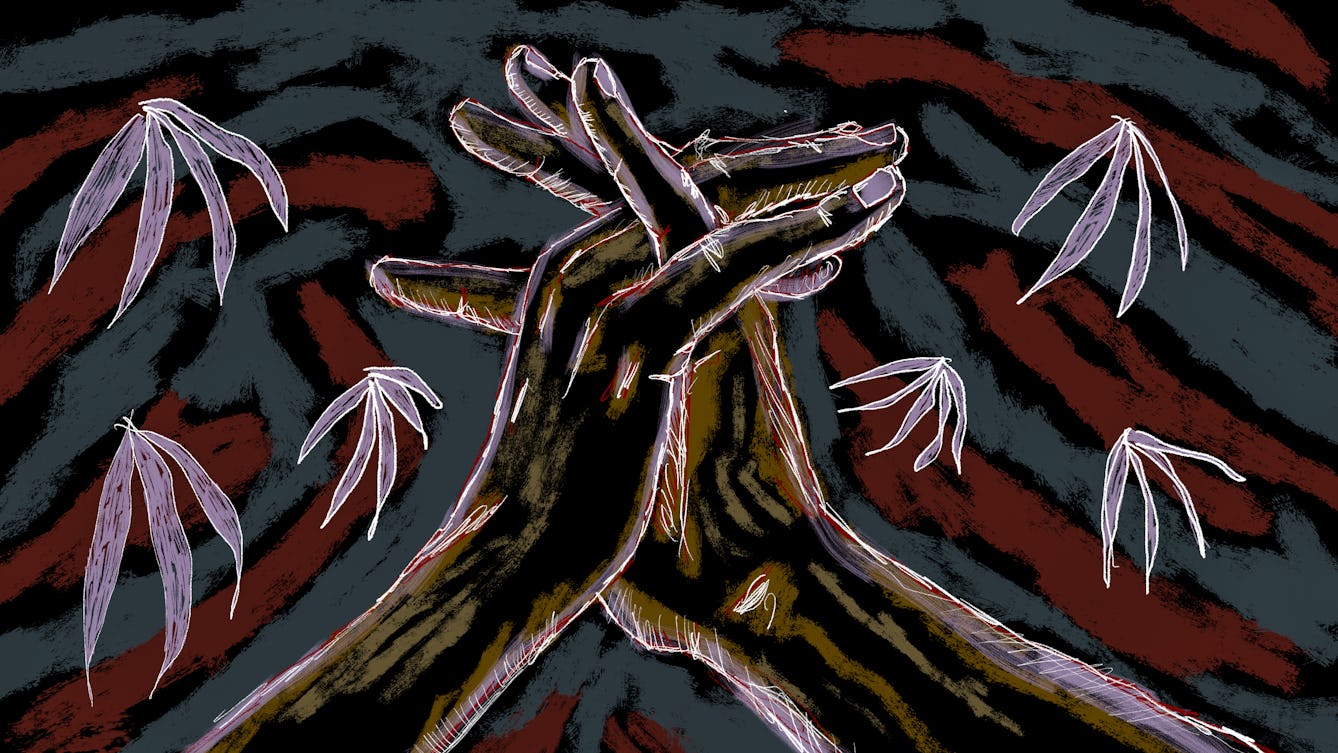
- Article
- Article
Surviving as a working-class woman without work
An enforced period of unemployment was extremely tough for Claire Hart, a working-class woman with a strong work ethic. Here she describes her feelings during this difficult time.

- Article
- Article
Investigating what lithium is and how it works
The more questions Laura Grace Simpkins asked about lithium, the more she realised how little is known about this powerful drug and how it affects our mental health.

- Article
- Article
The side effects of lithium mining
Laura Grace Simpkins attempts to untangle some uncomfortable truths about the social and environmental costs of making her medication.
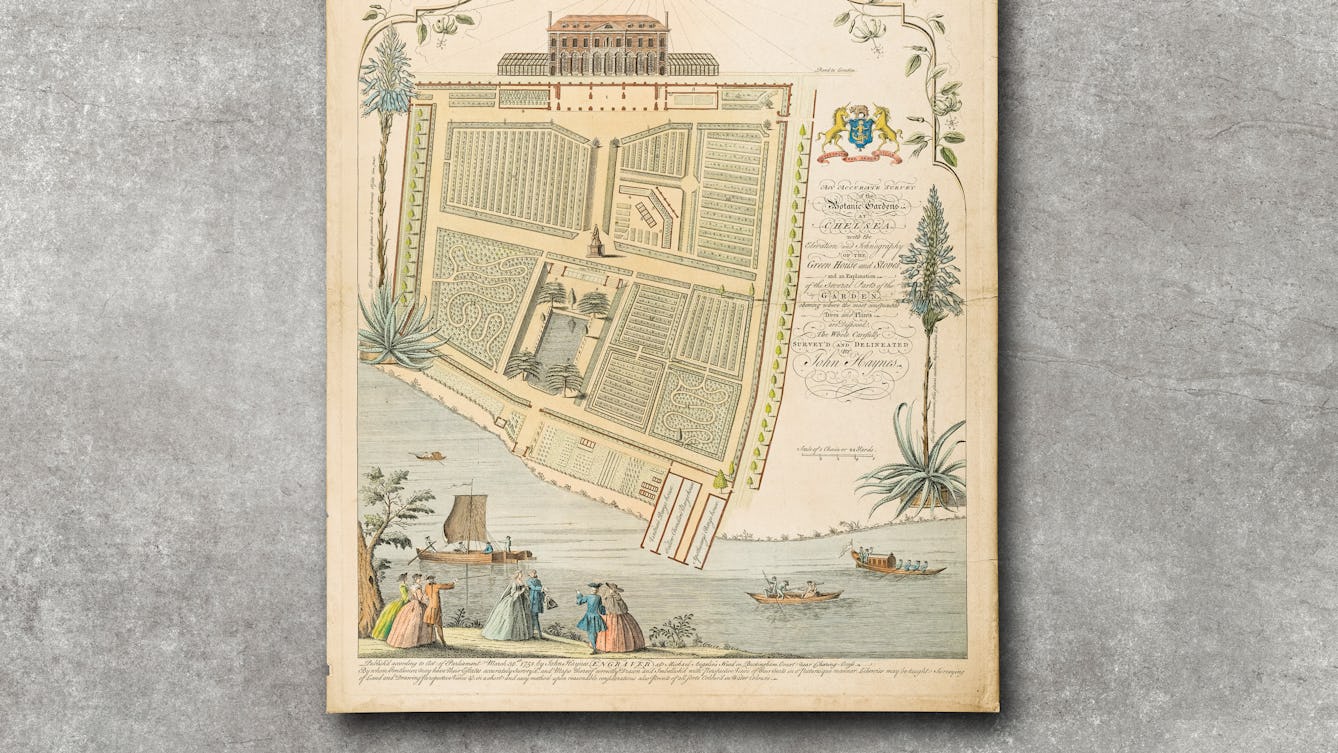
- Article
- Article
The healing power of the physic garden
Having experienced the healing power of plants and gardens, Iona Glen goes in search of present-day “physic gardens” and their origins in history.

- Article
- Article
The making of ‘Quacks’
How do you create a medical comedy that’s authentic and laugh-out-loud funny?
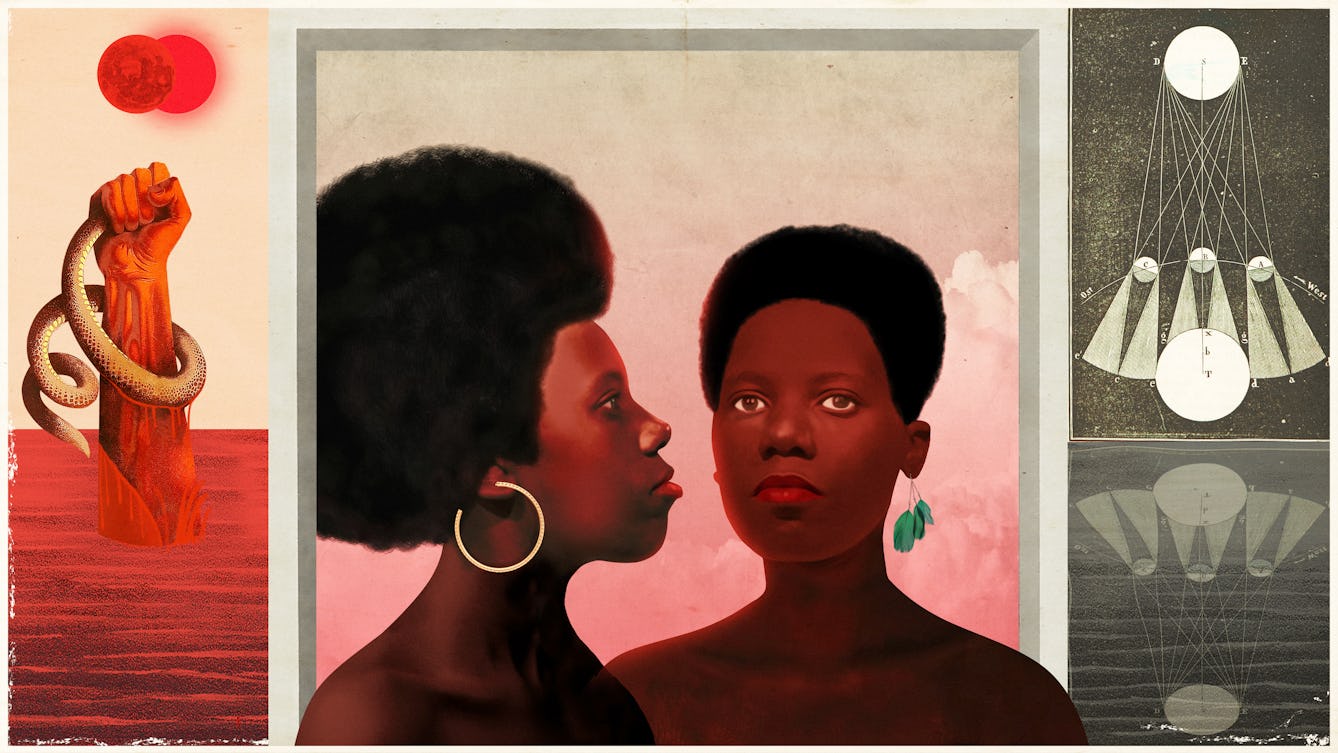
- Article
- Article
This is a MOOD
Adults might sometimes dismiss teenagers’ ‘moodiness’, but adolescence is a time of complex shifts in brain and body, which are intricately bound up with fluctuating feelings.

- Article
- Article
The big freeze
In recent years we’ve come to realise that global heating is our biggest threat. But it’s hard to shake off the fear of a return to ice-age conditions, the predominant narrative since the late 17th century.
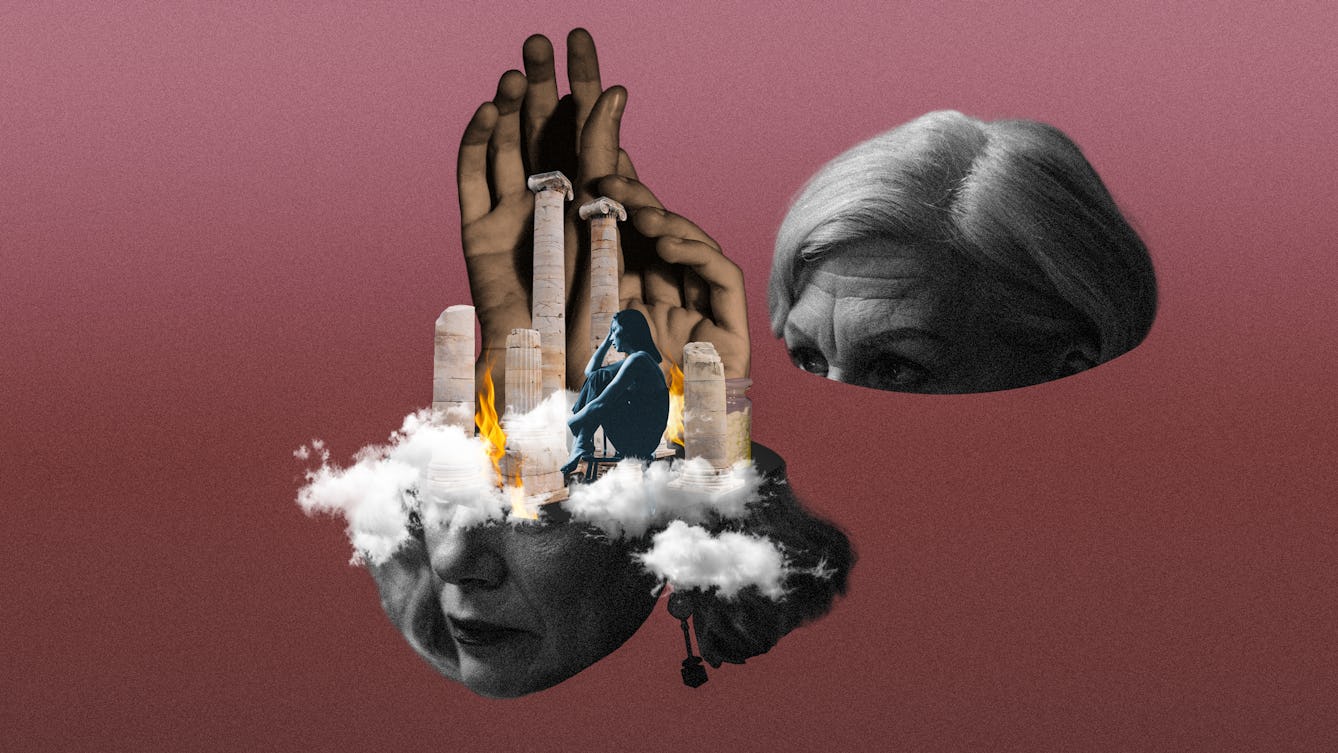
- Article
- Article
Hysteria
Mental health and emotional symptoms are common during menopause, but a long history of dismissing sufferers as 'hysterical women', at the mercy of their emotions has made it much harder to discuss these issues and to get support.